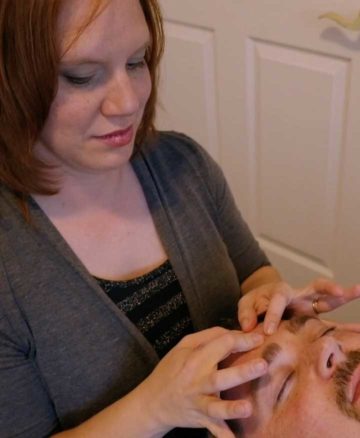About the Video
Utah law violates the free market by unnecessarily burdening business owners and workers with occupational licensure requirements.
A century ago, the U.S Supreme Court noted that “the right to work for a living… is of the essence of that personal freedom and opportunity which it was the purpose of the Fourteenth Amendment to secure.”
But a report of occupational licensure laws by the Institute for Justice recently found that Utah is the 12th most burdensome state. Compared to other states, there is significant opportunity to deregulate.
Featured Interviews

Jeff McNeill:
“In Idaho, where I don’t need a license, I still build the same quality home. Consumers are still protected. Why not in Utah?”

Nickie Soholt:
“I’ve already spent a lot of money and hundreds of hours of time in my education, and now I have to put in more for something I’m never going to use.”

Joshua Salisbury:
“I can find the people—it’s just a matter of the state letting me put them to work. I’ll put them to work.”

Scott Bullock:
“Utah ranked 12th in how oppressive and onerous the licensure laws are in the state.”

Josh Daniels:
“In the 1950s, only 1 in 20 Americans had to get one of these permission slips, known as an occupational license. Today that number stands at 1 in 3.”
